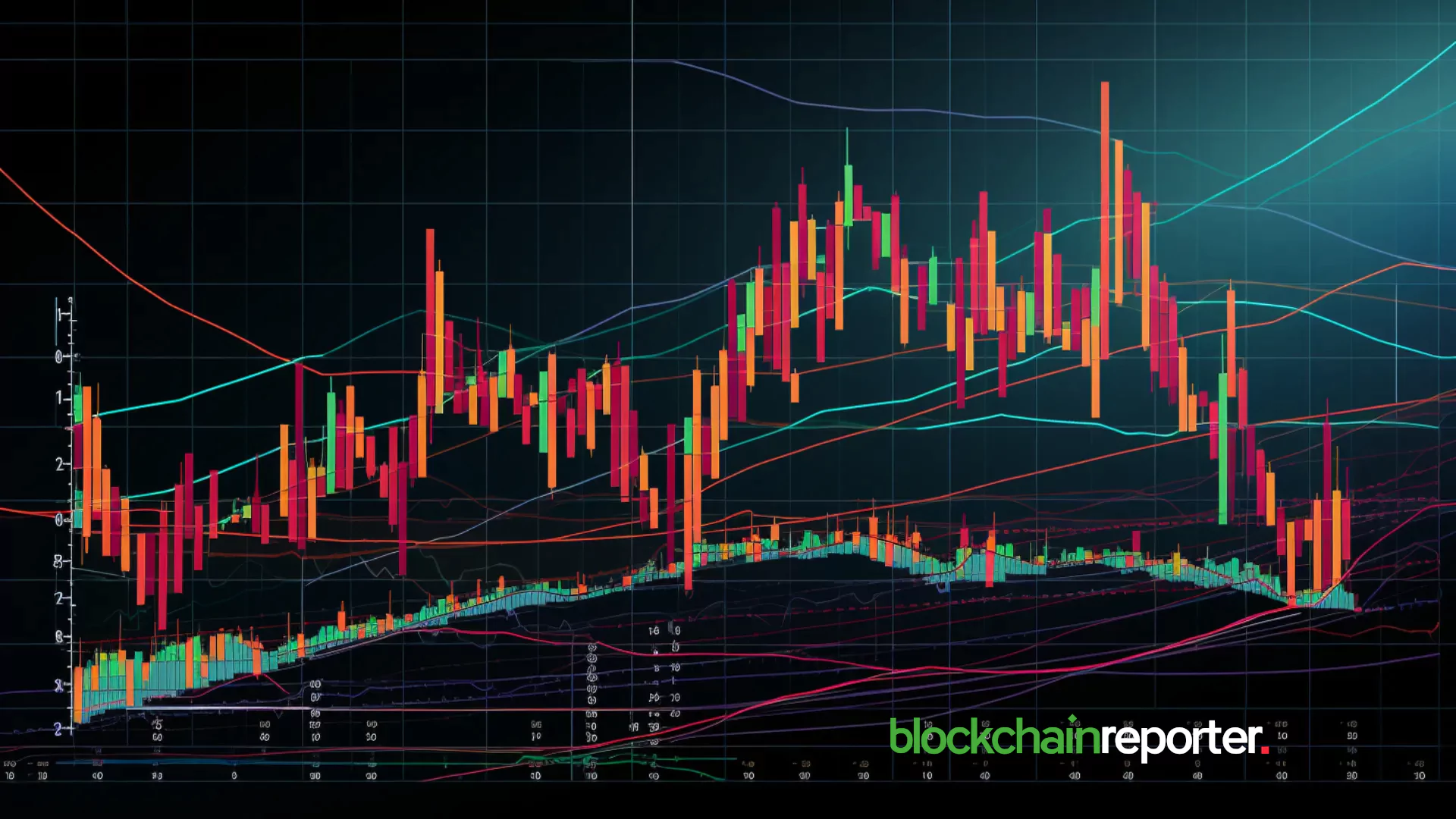
- 1. South Korea Fines Delio Crypto Firm $1.4 Million and Suspends Operations
- 2. Approval for Bitcoin ETFs Postponed by SEC Until October
- 3. Binance Ceases BUSD Support, Offers Alternatives for Crypto Traders
- 4. OSFI Proposes Crypto Asset Guidelines for Canadian Financial Institutions
- 5. Grayscale Wins Legal Battle Against SEC in Pursuit of Bitcoin ETF
- 6. U.S. Authorities Seize $2.46 Billion Bitcoin Wallet Linked to 2016 Bitfinex Hack
This week, we saw major cryptocurrency hurdles and developments. Delio, a famous crypto business, was fined $1.4 million and suspended for three months by South Korea. This underscores the country’s vigorous crypto financial compliance posture. The SEC delayed its judgment on Bitcoin exchange-traded funds (ETFs) from WisdomTree, Invesco, and Valkyrie, adding to the anticipation. Leading cryptocurrency exchange Binance announced to stop supporting its stablecoin. Given the increased interest in digital assets, the Office of the Superintendent of Financial Institutions (OSFI) in Canada published crypto asset guidelines. Grayscale’s court triumph over the SEC in its pursuit of a Bitcoin ETF might expand crypto investing alternatives. Finally, the surprise seizure of a $2.46 billion Bitcoin wallet tied to the 2016 Bitfinex breach by U.S. authorities highlights crypto-crime prevention measures.
South Korea Fines Delio Crypto Firm $1.4 Million and Suspends Operations
South Korea’s Financial Intelligence Unit fined legendary cryptocurrency firm Delio $1.4 million. FIU also suspended its operations for three months. This action followed a thorough investigation of Delio’s South Korean financial compliance.
The FIU found Delio in breach of the Act on the Reporting and Use of Specific Financial Transaction Information and other prohibitions. Delio did not discontinue engaging with unregistered cryptocurrency companies. They were concerned about money laundering associated to its new products and services, or compliance with “Know Your Customer” rules.
Approval for Bitcoin ETFs Postponed by SEC Until October
The SEC has again postponed approval of seven spot Bitcoin ETFs proposed by WisdomTree, Invesco, and Valkyrie. According to the SEC, it has until October 17th to accept, deny, or initiate study on these ETF applications.
The SEC’s adjournment explanation underlined the need for more time to assess the proposed changes’ consequences. The statement did not explain the delay, which was within the SEC’s 45-day decision timeframe after an application appears in the federal register. This delays the SEC’s review of Invesco, WisdomTree, and Valkyrie Bitcoin ETFs, adding application deadlines.
Binance Ceases BUSD Support, Offers Alternatives for Crypto Traders
Binance is a major centralized cryptocurrency exchange. It ceases support for the Binance USD (BUSD) stablecoin. Binance said in a blog post that it will no longer support BUSD and recommended clients convert their holdings for stablecoins or digital assets by February 2024.
This action confirms prior rumors and Paxos’ BUSD token minting stop. Notwithstanding this shift, BUSD will remain 1:1 backed by the US dollar. Binance lets customers exchange BUSD for First Digital USD (FDUSD) with no transaction fees or at a 1:1 rate. From September 7, 2023, the exchange will stop BUSD borrowings on Cross Margin and accept no new BUSD security commencing October 19, 2023.
OSFI Proposes Crypto Asset Guidelines for Canadian Financial Institutions
The Canadian Office of the Superintendent of Financial Institutions (OSFI) released suggested capital and liquidity criteria for crypto-assets. These new guidelines address crypto asset risks for financial institutions and insurance firms and follow worldwide digital asset regulatory trends. The proposed OSFI recommendations are available for comment until September 20, 2023.
Many Canadians possess crypto assets due to increased interest in digital assets. In October 2022, the Ontario Securities Commission (OSC) found that 31% of Canadians considered buying crypto assets. Despite Bitcoin and Ethereum not being legal money in Canada, their use has increased. Bitcoin cannot be spent in Canada, but digital assets can be traded. Airlines and online casinos in Canada have started taking crypto deposits.
Grayscale Wins Legal Battle Against SEC in Pursuit of Bitcoin ETF
Grayscale Bitcoin Trust (GBTC) is a leading crypto asset management business. It has won a lawsuit against the SEC which is a major victory for the cryptocurrency sector. Grayscale wanted to make its over-the-counter GBTC product a Bitcoin ETF. Grayscale won a review of the application from U.S. Court of Appeals Circuit Judge Neomi Rao on August 29. This judgement overturned the SEC’s listing denial of GBTC.
Judge Rao previously criticized the SEC’s handling of the issue, citing the agency’s inability to explain Grayscale’s application rejection. This court verdict is a big step forward, but Grayscale’s Bitcoin ETF still has to pass many regulatory hurdles to be listed.
U.S. Authorities Seize $2.46 Billion Bitcoin Wallet Linked to 2016 Bitfinex Hack
In an unexpected move, the U.S. authorities confiscated a large Bitcoin (BTC) wallet tied to the 2016 Bitfinex incident. The current market value of this wallet is $2.46 billion, with 94,643 BTC. The Bitcoin community was surprised when this wallet moved 567.5 BTC (equal to $21.88 million) to a “seizure address” on February 1, 2022, after years of inactivity.
On February 9, 2022, cybersecurity startup PeckShieldAlert tweeted that the DOJ has acquired custody of the 2016 Bitfinex wallet. The wallet was then relocated to a DOJ address. The 2016 Bitfinex breach stole 120,000 Bitcoins worth $75 million. Six years later, Bitcoin’s huge surge in value has made the stolen holdings worth $3.6 billion.








